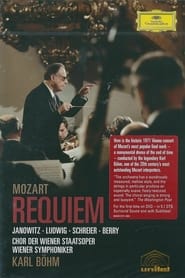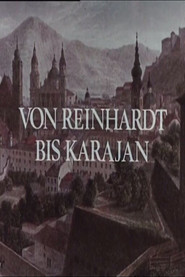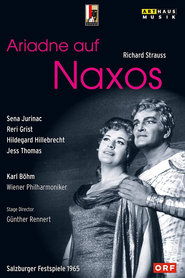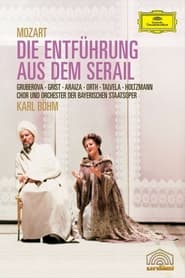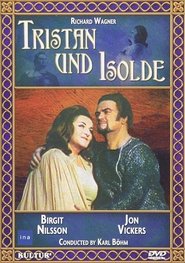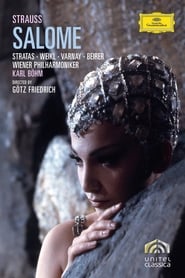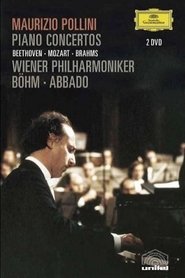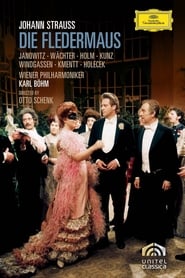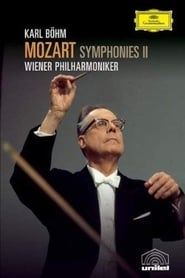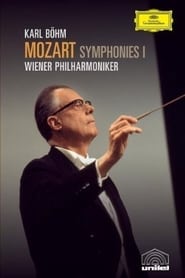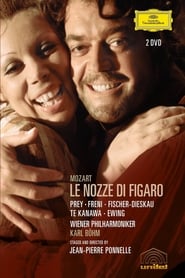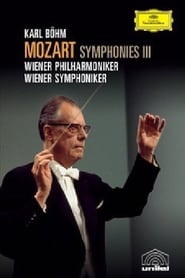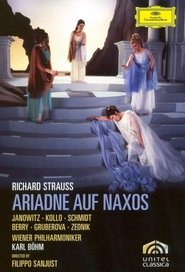Karl August Leopold Böhm (28 August 1894 – 14 August 1981) was an Austrian conductor. He was best known for his performances of the music of Mozart, Wagner, and Richard Strauss.
Karl Böhm was born in Graz. The son of a lawyer, he studied law and earned a doctorate in this subject before entering the music conservatory in his home town of Graz, Austria. He later enrolled at the Vienna Conservatory, where he studied under Eusebius Mandyczewski, a friend of Johannes Brahms.
In 1917, Böhm became a rehearsal assistant in his home town, making his debut as a conductor in Viktor Nessler's Der Trompeter von Säckingen in 1917. He became the assistant director of music in 1919, and the following year, the senior director. On the recommendation of Karl Muck, Bruno Walter engaged him at the Bavarian State Opera, Munich in 1921. An early assignment here was Mozart's Die Entführung aus dem Serail, with a cast which included Maria Ivogün, Paul Bender, and Richard Tauber. In 1927 he was appointed as chief musical director in Darmstadt. In 1931 he was appointed to the same post at the Hamburg State Opera, a position he held until 1934.
In 1933, Böhm conducted in Vienna for the first time, in Tristan und Isolde by Wagner. He succeeded Fritz Busch, who had gone into exile, as head of Dresden's Semper Opera in 1934, a position he held until 1942. This was an important period for him, in which he conducted the first performances of works by Richard Strauss: Die schweigsame Frau (1935) and Daphne (1938), which is dedicated to him. He also conducted the first performances of Romeo und Julia (1940) and Die Zauberinsel (1942) by Heinrich Sutermeister, and Strauss's Horn Concerto No. 2 (1943).
Böhm first appeared at the Salzburg Festival in 1938, conducting Don Giovanni, and thereafter he became a permanent guest conductor. He secured a top post at the Vienna State Opera in 1943, eventually becoming music director. On the occasion of the 80th birthday of Richard Strauss, on 11 June 1944, he conducted the Vienna State Opera performance of Ariadne auf Naxos.
After he had completed a two-year post-war denazification ban, Böhm led Don Giovanni at La Scala, Milan (1948) and gave a guest performance in Paris with the Vienna State Opera company (1949). From 1950 to 1953 he directed the German season at the Teatro Colón in Buenos Aires, and he conducted the first performance in Spanish of Wozzeck by Alban Berg, translated for the occasion. In 1953 he was responsible for the first performance of Gottfried von Einem's work Der Prozess. From 1954 to 1956 he directed the Vienna State Opera at its reconstructed home. He additionally resumed ties post-war in Dresden, at the Staatskapelle. ...
Source: Article "Karl Böhm" from Wikipedia in English, licensed under CC-BY-SA 3.0.
Karl Böhm was born in Graz. The son of a lawyer, he studied law and earned a doctorate in this subject before entering the music conservatory in his home town of Graz, Austria. He later enrolled at the Vienna Conservatory, where he studied under Eusebius Mandyczewski, a friend of Johannes Brahms.
In 1917, Böhm became a rehearsal assistant in his home town, making his debut as a conductor in Viktor Nessler's Der Trompeter von Säckingen in 1917. He became the assistant director of music in 1919, and the following year, the senior director. On the recommendation of Karl Muck, Bruno Walter engaged him at the Bavarian State Opera, Munich in 1921. An early assignment here was Mozart's Die Entführung aus dem Serail, with a cast which included Maria Ivogün, Paul Bender, and Richard Tauber. In 1927 he was appointed as chief musical director in Darmstadt. In 1931 he was appointed to the same post at the Hamburg State Opera, a position he held until 1934.
In 1933, Böhm conducted in Vienna for the first time, in Tristan und Isolde by Wagner. He succeeded Fritz Busch, who had gone into exile, as head of Dresden's Semper Opera in 1934, a position he held until 1942. This was an important period for him, in which he conducted the first performances of works by Richard Strauss: Die schweigsame Frau (1935) and Daphne (1938), which is dedicated to him. He also conducted the first performances of Romeo und Julia (1940) and Die Zauberinsel (1942) by Heinrich Sutermeister, and Strauss's Horn Concerto No. 2 (1943).
Böhm first appeared at the Salzburg Festival in 1938, conducting Don Giovanni, and thereafter he became a permanent guest conductor. He secured a top post at the Vienna State Opera in 1943, eventually becoming music director. On the occasion of the 80th birthday of Richard Strauss, on 11 June 1944, he conducted the Vienna State Opera performance of Ariadne auf Naxos.
After he had completed a two-year post-war denazification ban, Böhm led Don Giovanni at La Scala, Milan (1948) and gave a guest performance in Paris with the Vienna State Opera company (1949). From 1950 to 1953 he directed the German season at the Teatro Colón in Buenos Aires, and he conducted the first performance in Spanish of Wozzeck by Alban Berg, translated for the occasion. In 1953 he was responsible for the first performance of Gottfried von Einem's work Der Prozess. From 1954 to 1956 he directed the Vienna State Opera at its reconstructed home. He additionally resumed ties post-war in Dresden, at the Staatskapelle. ...
Source: Article "Karl Böhm" from Wikipedia in English, licensed under CC-BY-SA 3.0.
Show more expand_more
keyboard_double_arrow_down
